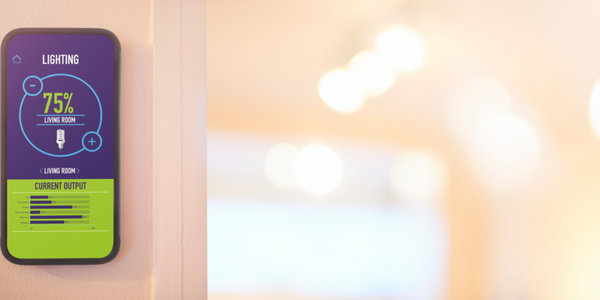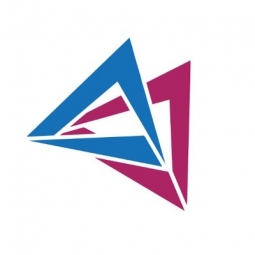
技术
- 网络与连接 - WiFi
- 传感器 - 光学传感器
适用行业
- 设备与机械
- 电信
适用功能
- 质量保证
用例
- 实验自动化
- 智能照明
服务
- 测试与认证
客户
客户是照明技术领域无与伦比的行业领导者
关于客户
该客户总部位于美国,是照明技术领域无与伦比的行业领导者,提供广泛的开创性 LED 照明和相关解决方案
挑战
客户为其物联网 (IoT) 主导的户外照明系统开发了专有的无线网状网络协议,服务于停车场、机场、餐厅、道路等。
然而,针对这些不同的物联网设备集的每个无线网络的功能测试变得相当复杂,并对客户的可扩展性和成本效益产生了不利影响。客户选择与 Softdel 合作建立测试策略,在保持高性能解决方案质量的同时自动测试其无线户外照明产品线。
解决方案
Softdel 设计了一个高度直观的自动化测试引擎,以在受控环境中模拟多个单元和系统的测试。
Softdel 的解决方案有助于自动化测试执行、日志文件创建和测试报告管理。
直观的可视化仪表板提供有关测试结果、关键见解和重点领域的详细可视化报告
Softdel 还设计了一个缺陷跟踪和报告工具,可以自动跟踪和报告客户户外照明解决方案中的缺陷。
运营影响
数量效益

Case Study missing?
Start adding your own!
Register with your work email and create a new case study profile for your business.
相关案例.

Case Study
Smart Water Filtration Systems
Before working with Ayla Networks, Ozner was already using cloud connectivity to identify and solve water-filtration system malfunctions as well as to monitor filter cartridges for replacements.But, in June 2015, Ozner executives talked with Ayla about how the company might further improve its water systems with IoT technology. They liked what they heard from Ayla, but the executives needed to be sure that Ayla’s Agile IoT Platform provided the security and reliability Ozner required.

Case Study
IoT enabled Fleet Management with MindSphere
In view of growing competition, Gämmerler had a strong need to remain competitive via process optimization, reliability and gentle handling of printed products, even at highest press speeds. In addition, a digitalization initiative also included developing a key differentiation via data-driven services offers.

Case Study
Predictive Maintenance for Industrial Chillers
For global leaders in the industrial chiller manufacturing, reliability of the entire production process is of the utmost importance. Chillers are refrigeration systems that produce ice water to provide cooling for a process or industrial application. One of those leaders sought a way to respond to asset performance issues, even before they occur. The intelligence to guarantee maximum reliability of cooling devices is embedded (pre-alarming). A pre-alarming phase means that the cooling device still works, but symptoms may appear, telling manufacturers that a failure is likely to occur in the near future. Chillers who are not internet connected at that moment, provide little insight in this pre-alarming phase.

Case Study
Premium Appliance Producer Innovates with Internet of Everything
Sub-Zero faced the largest product launch in the company’s history:It wanted to launch 60 new products as scheduled while simultaneously opening a new “greenfield” production facility, yet still adhering to stringent quality requirements and manage issues from new supply-chain partners. A the same time, it wanted to increase staff productivity time and collaboration while reducing travel and costs.

Case Study
Integration of PLC with IoT for Bosch Rexroth
The application arises from the need to monitor and anticipate the problems of one or more machines managed by a PLC. These problems, often resulting from the accumulation over time of small discrepancies, require, when they occur, ex post technical operations maintenance.

Case Study
Robot Saves Money and Time for US Custom Molding Company
Injection Technology (Itech) is a custom molder for a variety of clients that require precision plastic parts for such products as electric meter covers, dental appliance cases and spools. With 95 employees operating 23 molding machines in a 30,000 square foot plant, Itech wanted to reduce man hours and increase efficiency.



